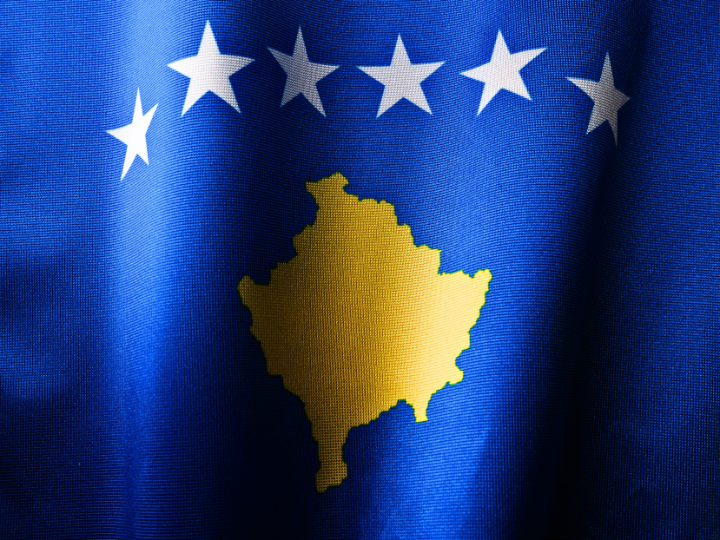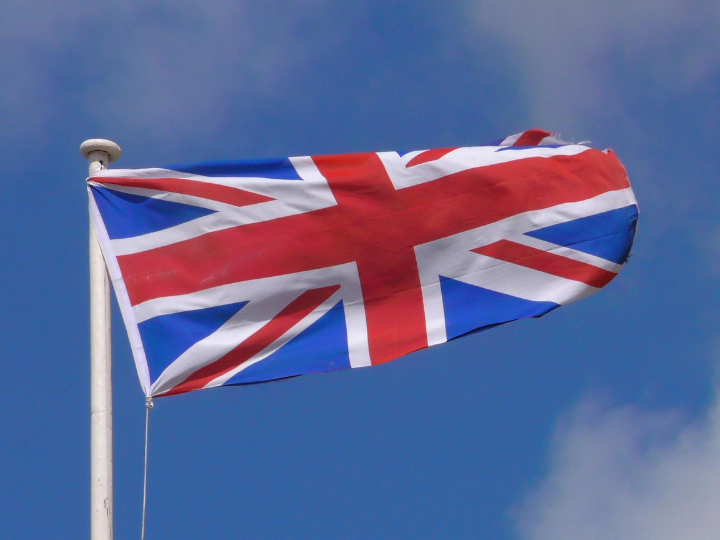by Dimitar Bechev*
The promise of EU membership was once the silver bullet for resolving all territorial and security issues in the Balkans. That is less and less the case these days. And there is no better proof than the continuing drama involving Kosovo and Serbia.
Back in March 2023, Kosovo’s Prime Minister Albin Kurti and Serbia’s President Aleksandar Vucic adopted—sort of—an EU-proposed roadmap, the Ohrid Agreement, toward settling the dispute around Kosovo’s status. But since then, the pretend deal has all but unraveled. What was supposed to be a major achievement for the outgoing EU foreign policy supremo Josep Borrell may turn into a major headache for his successor.
Diplomats and policymakers in Brussels and Washington fault one person: Kurti. The combative prime minister has taken a great deal of criticism for clamping down on parallel institutions operating in Serb-populated northern Kosovo. This includes the closure of four municipalities loyal to Belgrade, including the one in Mitrovica, the region’s main urban center. Kosovo authorities have likewise imposed a ban on Serb imports, ignoring the pleas of Germany’s special envoy for the Western Balkans, Michael Sarrazin. Pristina has acted unilaterally, ignoring the so-called normalization talks overseen by Borrell’s office as well as the advice of Western capitals.
But as far as Kurti is concerned, heavy-handed tactics pay off and the onus is on the Europeans and the Americans. In Kosovo’s view, the West has been applying double standards: punishing Pristina for enforcing its sovereignty while indulging Vucic, who has refused to cut ties with Russia and join the Western sanctions. Belgrade has been let off the hook over a violent incident at the Banjska monastery in September 2023, when paramilitaries linked to the Serbian security services attacked Kosovar police, killing one officer and injuring two others. And so, Kurti has learned the lesson and applied it. While Western dignitaries were wringing hands when earlier this year Kosovo authorities prohibited the use of the dinar, Serbia’s currency, in the north or when in 2022 they required cars to switch Kosovar licence plates, they did not really push back against those moves. On both occasions, Kurti got what he wanted.
Surprisingly enough, Vucic has not gone for a tit for tat. On past occasions, he hadn’t been averse to playing the Kosovo card, even threatening to send the troops back into what Belgrade considers its province to prevent the “ethnic cleansing” of local Serbs. Chances are that Vucic is calculating that Kurti’s heavy-handed actions will benefit him. Serbia is going through a honeymoon with the EU. First came the agreement on lithium mining co-signed with the German chancellor Olaf Scholz back in July. More recently, Belgrade rolled out the red carpet for French President Emmanuel Macron, whose visit saw, among other things, the inking of a deal to acquire twelve French-made Rafale fighters. Vucic is also in Washington’s good books because of the supply—through third countries—of ammunition to Ukraine. So much so, that both the EU and the United States are willing to cut Serbia slack over refusing to implement sanctions against Russia. A crisis in Kosovo might jeopardize this positive momentum. For the time being, Vucic is perfectly happy to see Kurti turning into the West’s bete noire in the Balkans.
The Kosovo deadlock highlights the deficiency of the EU’s enlargement strategy. Fast-track the accession of countries like Kosovo and Serbia and you risk importing an unresolved sovereignty issue, not to mention a second Hungary run by Prime Minister Viktor Orban’s lookalike Vucic. Delay it, and the dispute starts to fester. Vucic and Kurti know that their countries will not be joining the EU anytime soon. Their priority is retaining power at home rather than abiding by Brussels’s demands.
Balkan leaders have learned how to play the West. Vucic has been haggling with the big guys—Germany, France, the Biden administration—to some success. Kurti has opted for a policy of faits accomplis in Kosovo. By any objective yardstick, both politicians have enjoyed success.
The trouble, however, is that things can get out of hand. While we should not be overly alarmist about Kosovo, complacency is not advisable either. Last year’s Banjska clash has shown us that escalation could be in the cards, with people getting killed. Assuming that local leaders would act rationally and step over the brink, consciously or not, is not a safe policy. Indeed, dropping the ball on Kosovo could raise risk. Especially now that the guard in the EU institutions is changing and the U.S. presidential election is injecting even more uncertainty.
The West’s priority should be regaining credibility. To this end, the EU and the United States should draw clear red lines and react robustly when the latter are crossed. Restarting the normalization talks between Serbia and Kosovo should be high on the priority list of incoming EU high representative Kaja Kallas. Though Kosovo might not loom as large as other challenges, such as the wars in Ukraine and Gaza, it continues to be a top litmus test for EU foreign policy.
*Senior Fellow, Carnegie Europe
**first published in: Carnegieendowment.org




 By: N. Peter Kramer
By: N. Peter Kramer
